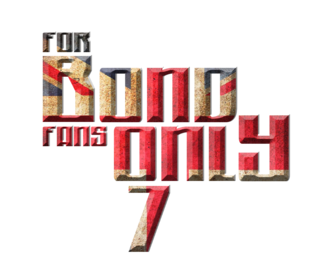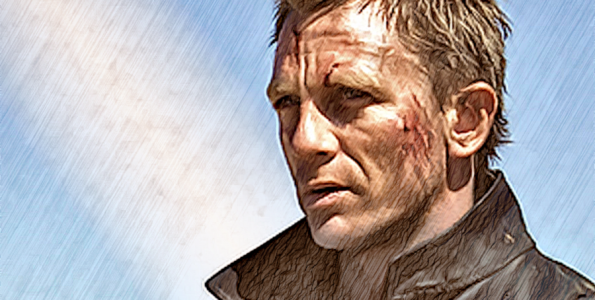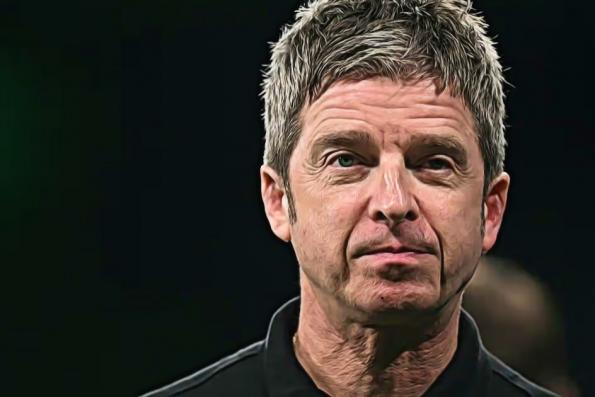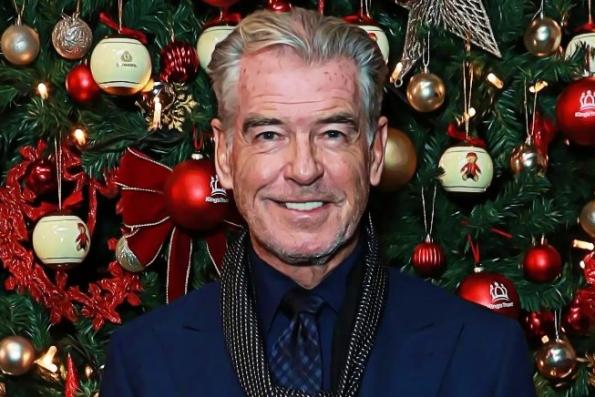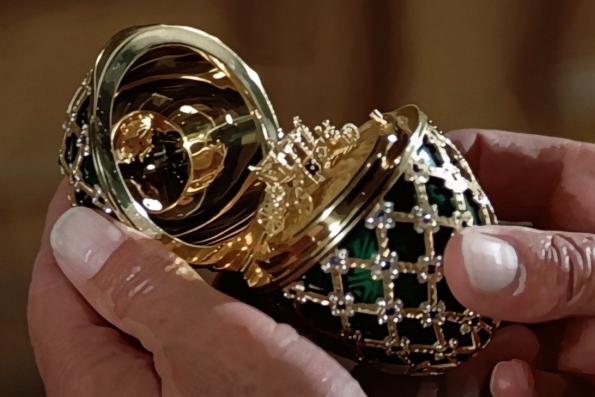In defence of Quantum of Solace
During my lockdown Bond rewatch, I posted on social media to say that I had reached the point of Daniel Craig's second outing as Bond. It was greeted with immediate vitriolic responses as to it being the worst 007 adventure.
The comments were predictable to a point, as I knew this was one of the least favoured amongst both Bond aficionados and casual viewers alike.
The overwhelmingly positive reception to Craig's debut left Quantum as a 'difficult second album'. At the time, it felt like it was met with significant cynicism even before the pre-film trailers had finished rolling.
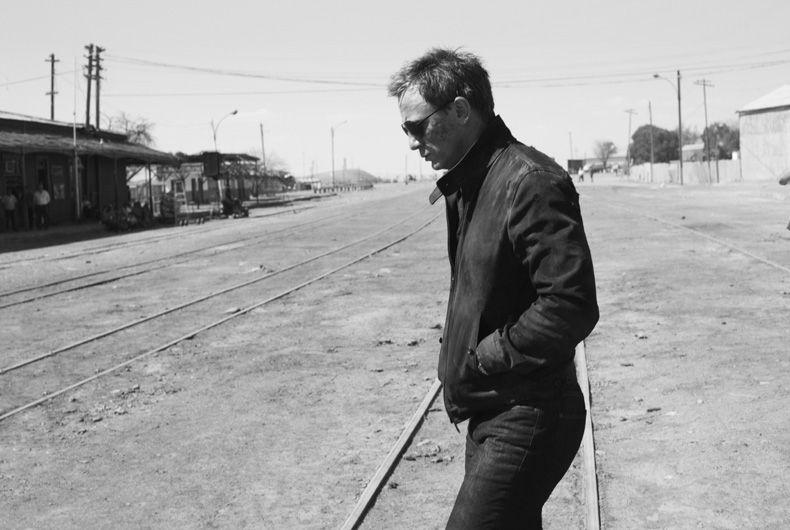
Quantum is the first Bond film that felt like a direct sequel. The closest in terms of that feeling was probably Diamonds Are Forever. While the return of Sean Connery sees Bond seeking revenge, he seems to have shaken the emotional impact that we saw in the previous film, which is far from the case with Craig's Bond here.
Re-reading Casino Royale, it feels like this depiction of Bond is so true to that material. Craig had picked Bond up where Fleming left him and ran with the nature of that character.
Despite the gritty, vengeful cloud that lingers over Bond in this film, he remains as charming as in any of his outings — delivering humorous one-liners with confident aplomb.
The opening chase combines elements of some of the best — from the bullet sprayed pursuit in The Spy Who Loved Me to the light-hearted cycle race in GoldenEye.
There are so many callbacks to Bond's earlier films that serve as a homage — including the obvious. Fields drowned in oil is an in-your-face replication of the most famous Bond girl demise from Goldfinger.
There are more subtle nods, such as the rooftop chop of Haines's bodyguard that leads to a similar plummet from a roof as seen in The Spy Who Loved Me. I have heard that Quantum doesn't deliver for the fans, but that is certainly not for want of trying.
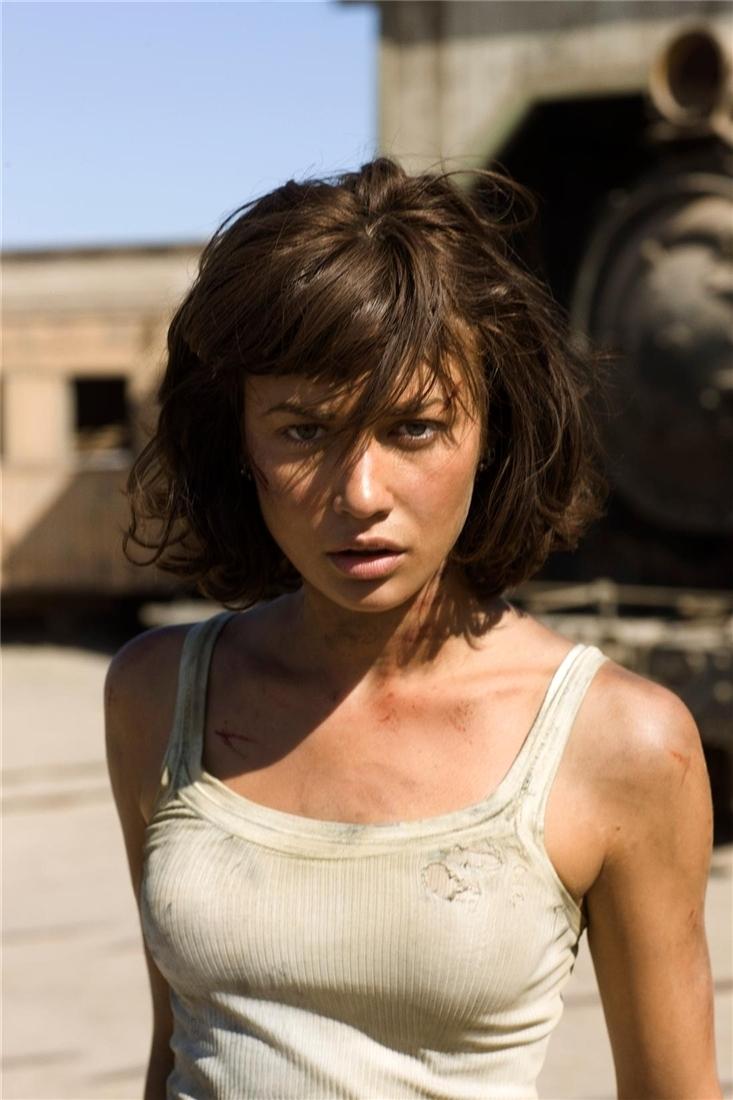
The drama of the opera scene, in which Bond casually infiltrates the communications of Quantum and the subsequent action set to the orchestral overture, is a highlight of cinematography in the Craig era. As the orchestra reaches a crescendo, Bond reaches the height of his physical and mental prowess.
Marc Forster's direction is often criticised, but he captures the pace of action that drives the film for so much of its unusually short duration. Grasping the opportunity and challenge to push the action to the limits with both hands — taking in adrenaline-fuelled scenes over air, land and sea — Forster desperately wants his Bond to take your breath away.
Although not the best entry in the Bond franchise, (I haven't yet met anyone who claims that anyway) Quantum is an underrated film that allowed Craig to explore the character as he wanted and fully dive into the physical elements he's become so known for.
Without Quantum, I'm not sure Skyfall would have had the same impact, and the future of Bond may not have looked quite so bright.
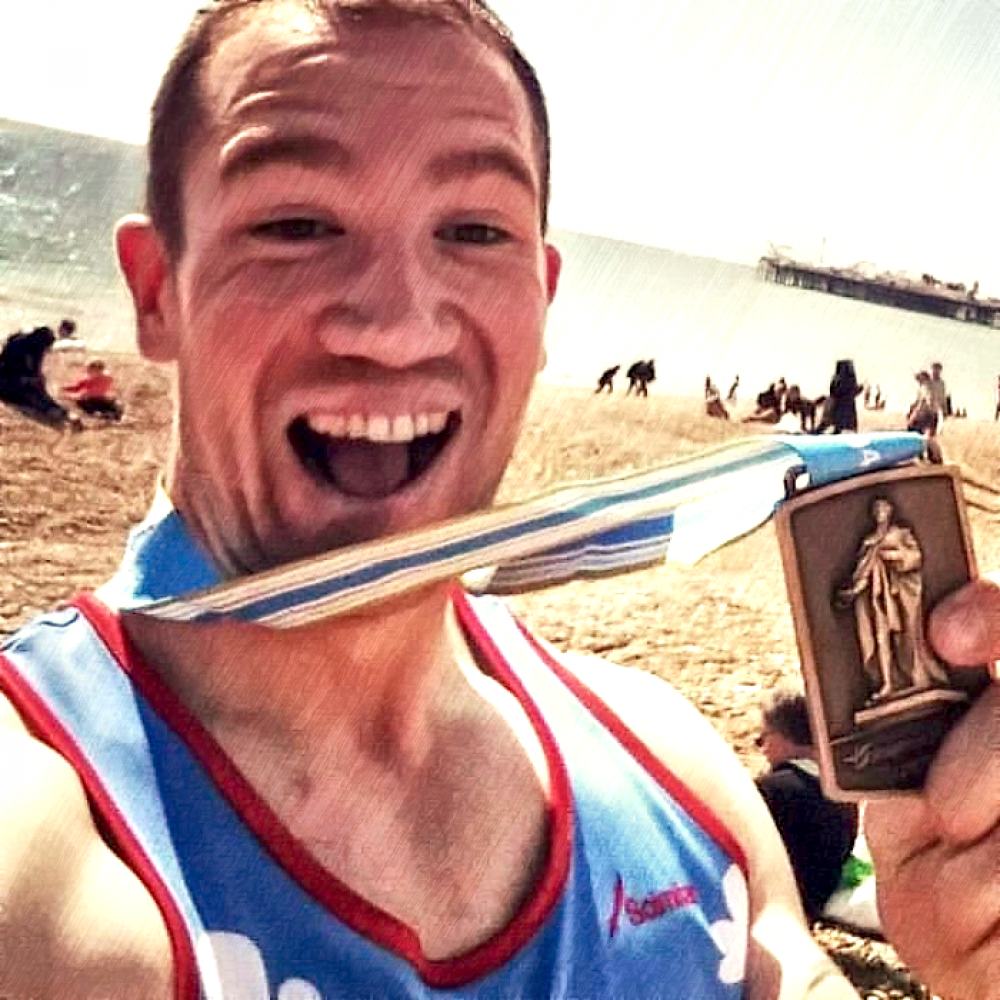
Jonathan Smith
Jon has been an avid Bond fan since being mesmerised by A View to a Kill at six years old. He spends time learning about the history and social impact of 007. Jon works in marketing for charities — helping them reach more people who need support.
